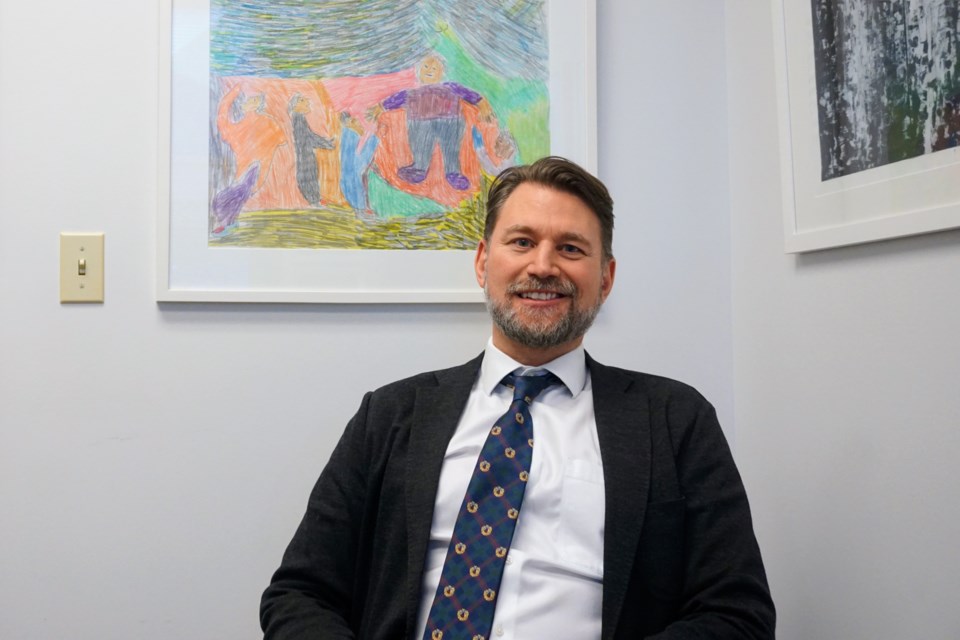Regarding the interview with SD48’s superintendent of schools Chris Nicholson and specifically how he addressed bullying in schools, prompted these reflections.
I had a look at ERASE (an aside — not sure why educators use negative acronyms so often when trying to achieve positive change), and it does address a lot of social issues. But so much of it is presented as reactive and siloed.
It should be balanced by pro-actively nurturing, and fostering important and necessary pro-social skills of social-emotional learning.
Children need to focus on traits like empathy and compassion that encompasses their emotional quotient if they are expected to diffuse bullying situations.
My experience demonstrated over and over again that most, if not every, bully had a reason for their negative behaviour. This is not to excuse it but to understand why people behave the way they do. The basis of my training is ‘attack the problem, not the person.’
The root cause of anti-social behaviour is diffused with co-ordinated classroom instruction, cohesively delivered in every class across a school and district, along with these siloed programmes. Teach children to understand the importance of pro-social skills and demonstrate ways to use them every day. They need to know to understand and practice them. It is a way of thinking.
What is happening every day in the classroom to develop pro-social skills would be a question I would ask. How do teachers embed it in their lessons? I would also ask how progress is being evaluated and how improvements are folded into this curriculum. Where are and what are the best practices in the district that are working? Teachers are a creative lot. There should be a united effort — home, school, and community.
Educational leaders get very defensive because they are a publicly funded entity, and that creates an issue around addressing a child’s negative behaviour, if it is at all related to their home life, as is so often the case. It is a bit like biting the hand that feeds you to suggest a child’s home life is possibly impacting their school behaviour.
I have often written that students might have already lived a lifetime by the time they walk through the classroom door in the morning.
The present solution to so many family issues and classroom issues is reactively attending to problems as they arise. There is abundant research to support pro-social learning as a way to improve behavioural outcomes in a family, in a classroom, or in a school and in the community.
Over 20 years of direct experience teaching, advising and writing in this field has consistently proven this approach to effect social change works. My latest article about teaching kindness in the classroom was retweeted in English and Spanish and liked on Twitter right up to Christmas Eve.
It all begins with teaching social-emotional learning skills.
Squamish




